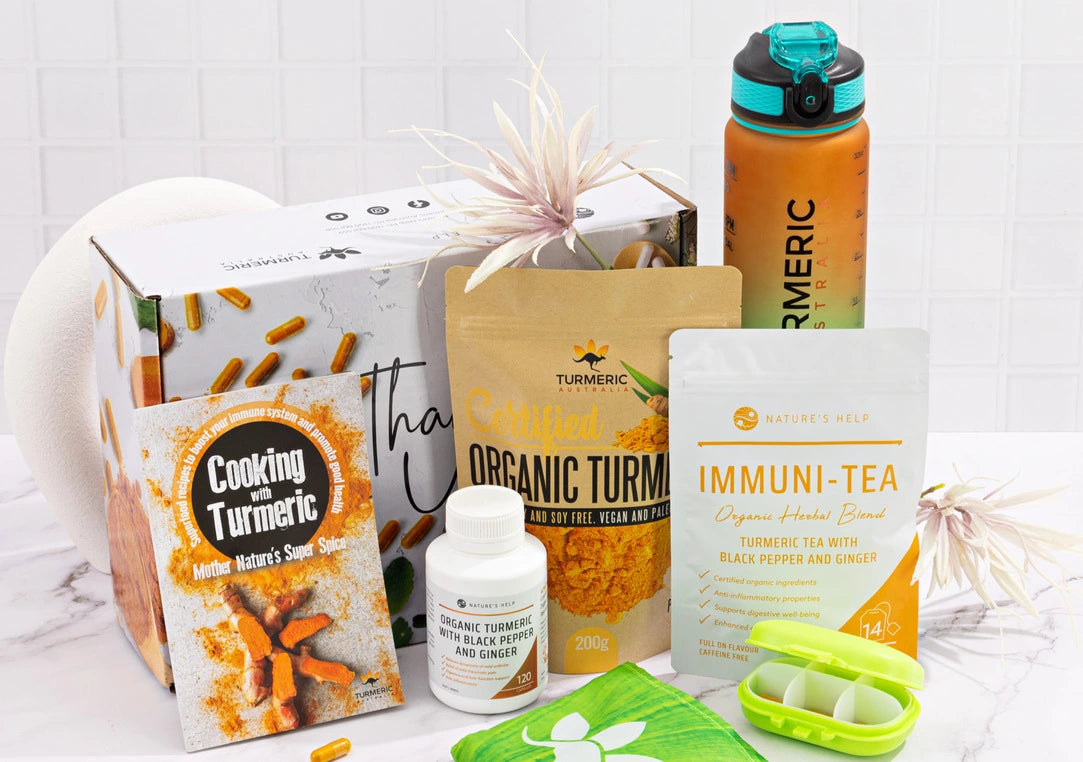Top Foods Rich in Vitamin B: Boost Your Energy and Support Overall Health Naturally
If you’ve been feeling flat, foggy, or just dragging yourself through the day, low B-vitamins might be part of the story. Because your body doesn’t store large amounts of them, you need a consistent dietary supply — especially if you want strong energy, sharp thinking and stable mood.
This guide breaks down why vitamin-B rich foods matter, the benefits you’ll feel, and the best Aussie-friendly foods to add to your plate this week.
If you’ve been feeling flat, foggy, or dragging your feet through the day, low B-vitamins may be part of the picture. Because your body doesn’t store them in large amounts, you need a steady supply — especially for energy, mood, and brain clarity.
This guide walks you through why vitamin B matters, which foods are richest in it, and how to get more of it into your daily meals effortlessly.
In This Article
Why Vitamin B Is Essential for Your Body
B-vitamins power energy production, brain clarity, red blood cell health, metabolism and stress resilience. Because they’re water-soluble, your body doesn’t store much — meaning you need regular intake through food.
Benefits of Eating Foods Rich in Vitamin B
- Sustained energy without the crash
- Sharper mood and cognition
- Healthier blood + better oxygenation
- Support for skin, hair, and nails
- Important for vegans/vegetarians (B12 especially)
Top Foods Rich in Vitamin B
- Salmon, fish, lean meats — rich in B3, B6, B12
- Eggs + dairy — B2, B6, B12
- Legumes + whole grains — great for folate (B9)
- Leafy greens, nuts, seeds — biotin + folate
- Liver + organ meats — extremely high in B-vitamins
- Fortified plant-based foods — essential for B12
Quick Checklist: Add These This Week
- Grilled salmon or chicken
- Eggs + wholegrain toast
- Spinach + chickpea salad
- Lentil curry
- Tofu stir-fry with wholegrain noodles
- Vegemite on toast (fortified with B-vitamins)
How to Boost B-Vitamins Naturally
- Include a B-rich protein daily
- Swap refined grains for wholegrains
- Add leafy greens and nuts
- Plant-based? Prioritise fortified foods + consider B12 advice
- Cook gently to minimise nutrient loss
Sneaky Boost from Turmeric Australia
Our Moringa Capsules offer a powerful, natural nutrient top-up — perfect for busy days when diet alone doesn’t cut it.

Common signs include persistent fatigue, brain fog, low mood, poor concentration, tingling hands or feet, cracked lips, and weak nails. Because B-vitamins are water-soluble, levels drop quickly when your intake is inconsistent.
Many people can, but certain groups often struggle — especially vegans, vegetarians, older adults, and anyone with low stomach acid or gut-absorption issues. These groups may need fortified foods or targeted supplementation.
They all work together, but B12 and folate are crucial for energy, red blood cell formation, mood, and cognitive function. B6 is key for stress resilience, while B1, B2, and B3 help convert food into energy.
Yes — consistently consuming B-vitamin rich foods supports steadier energy, clearer thinking, balanced mood, and improved nervous system function. Many people notice benefits within 1–3 weeks.
Focus on wholegrains, legumes, leafy greens, nuts, and fortified foods such as soy milk or yeast spreads. Vitamin B12 is the exception — it’s primarily found in animal foods, so fortified options or a supplement may be needed.

